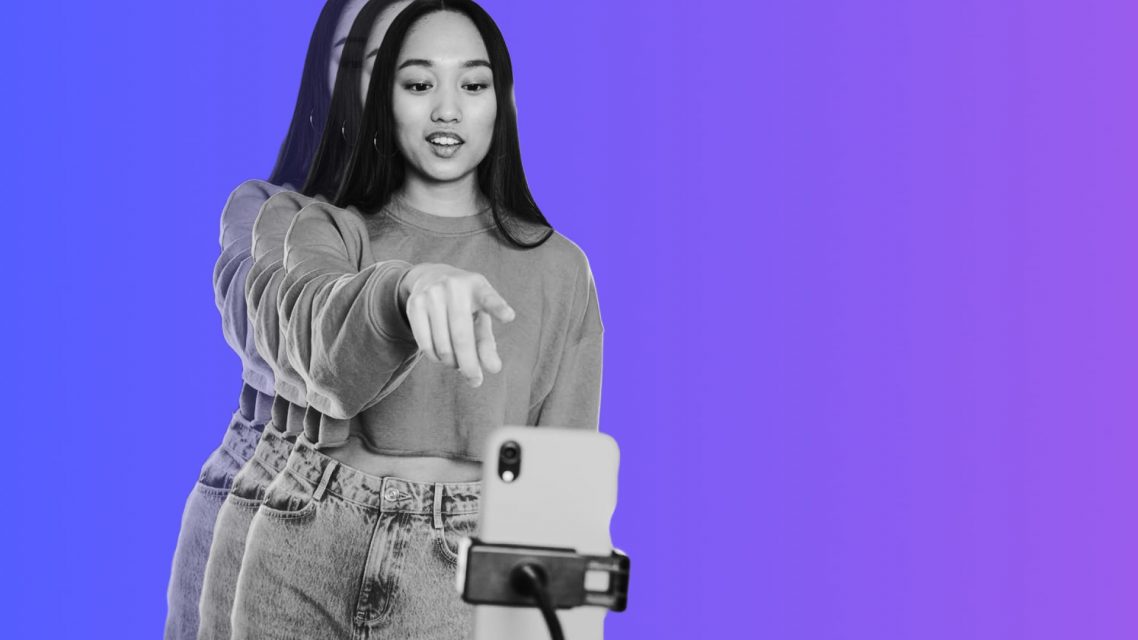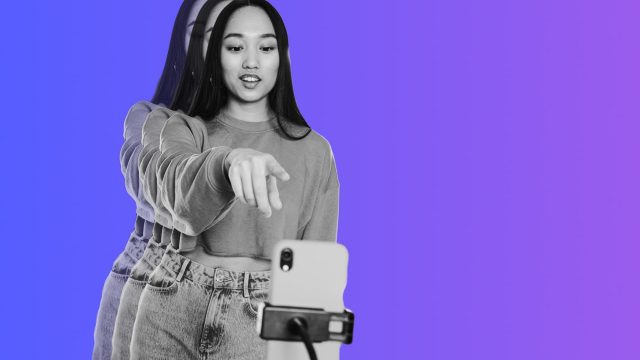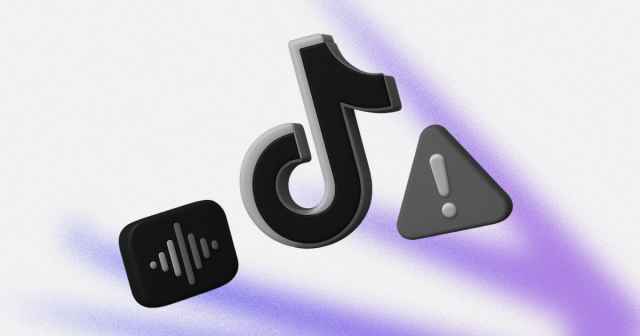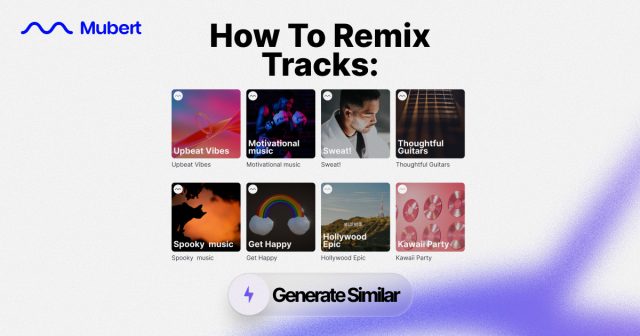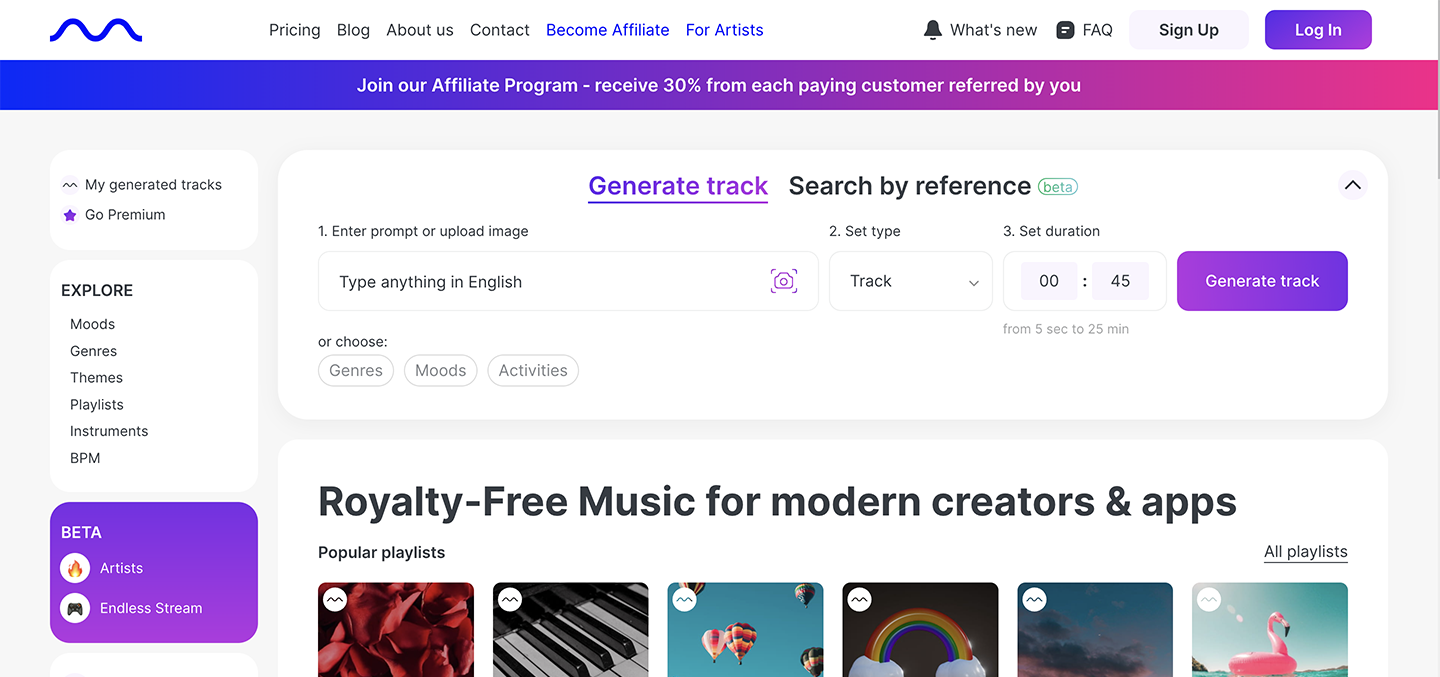
Create royalty-free AI music tracks with one click
Just describe what you want and get an instant track of any duration — and you will never meet any troubles with copyrights
Get startedPremise
Many people considered AI Music as non-human. The extent of its perceived humanity extends merely to the point that it is completely worthless without it. That is, without human input. However, AI-generated music won’t survive without Music composed by human artists, which actually serves as an input for its neural networks. Human Creators consume derivative Music to accompany their content, including streams, shows, podcasts, for the needs of the Creator Economy.
Owing to a growing human interest in content, Goldman Sachs expects the Creator Economy to roughly double in size over the next five years from $250 billion today, to $480 billion by 2027. The vast majority of shows, podcasts and streams require an accompaniment of legal Music, so the field of royalty-free AI-generated Music will likely grow correspondingly.
By mid-2023, Mubert users consumed over 100 million AI-generated tracks. Every single stream and every single track originated from a proprietary input that a human artist provided by pressing keys on their keyboard. At least one person has listened to each of these tracks; either the creator or a curiosity-driven adopter checking out the rumored might of AI for themselves.
Mubert, a pioneer in AI-generated Music, decided to conduct an in-depth study into the Artists, Creators, and early Adopters of the technology. They are deeply involved in creating a range of visual and aural content, and in writing and performing music. They provided their professional views and discussed the audience preferences and demands they must meet to succeed in an extremely competitive Creator Economy.
We believe that their experience and expectations can define the future development of the Creator Economy as a whole by helping to plot the development of AI-Generated Music. We selected and surveyed around 300 people to find out more about who they are and what their attitude is towards AI-generated Music.
In three separate surveys we have questioned Creators’ approaches to monetization and AI’s accompaniment to their content, the Artists’ background, education and ability to earn by contributing to AI Music, and Adopters’ expectations from AI music. In addition, we asked them about their perception of the quality of AI music and possible ways to improve it.
The full study is available here.
Highlights:
- 51.4% of creators are just starting to earn money on AI-accompanied content (shows, streams, etc), and their revenue is modest. It is a major source of income for only 4.5% of creators. Rather, input music for AI is being written mostly by highly skilled musicians who are used to making Music for a living (42%). 67% of these see AI music as an opportunity to increase their income.
- Artists and Adopters are largely dissatisfied with the quality of AI music (25% and 43% accordingly consider it to be not good enough). Surprisingly, however, 40% of Creators view it unequivocally positively, and 39% believe it suits their goals. Nevertheless, 49% of creators would like to see an improvement in the quality of AI music hooks, structure, and musical ideas.
- 30% of Creators have experienced copyright strikes from content platforms due to AI music. This is in spite of this being a supposed non issue, since AI music is royalty-free and not licensed.
- AI music is good for purposeful listening: 34% of Creators revealed that they listen to it in order to focus, relax, or work out.
- 66% of Adopters are approaching AI-Generated Music in order to check its quality. However, 48% of them said they would consider utilizing it as a source of income in the future.
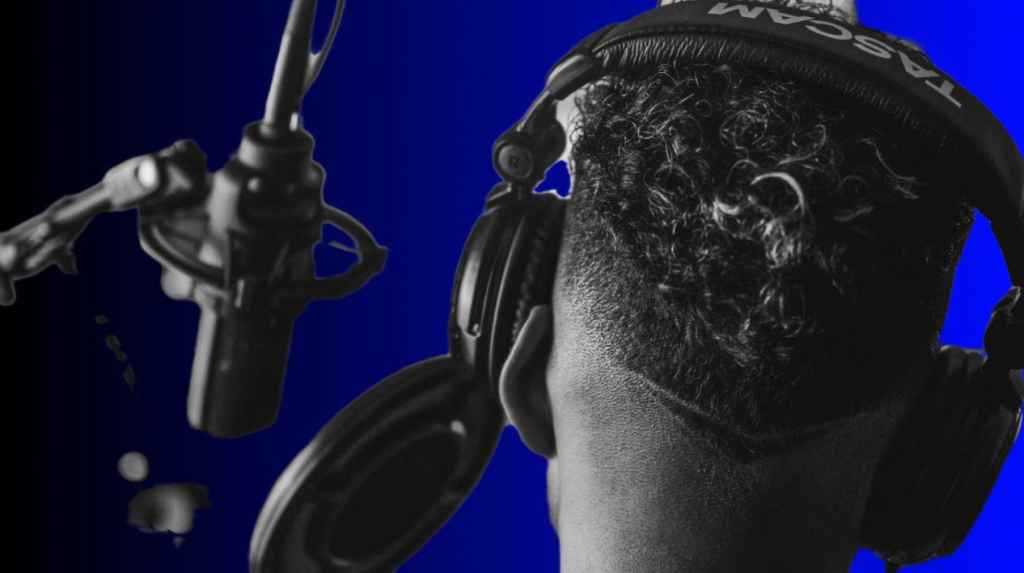
Content creators
These creators generate AI tracks and streams to accompany their own content which they produce for various platforms, supporting the robust pace of the Creator Economy. They use Mubert to generate Music in a particular genre and of a predetermined length.
- The majority of creators are at the start of their career and of the monetization of their content. Content supported by AI is a major source of income for only 5% of creators. 3% of creators earn a moderate amount of money with this type of content, and 42% have never earned any money with it. The remaining 50% have just begun monetizing their content.
- Creators are mostly satisfied with the quality of AI music. 40% view AI-generated Music unequivocally positively, and 38% consider it good but solely for its purposes. 22% are disappointed with its quality. In order for it to improve, roughly 50% of creators suggested bettering the musicality. In other words, the quality of hooks, samples, and musical ideas. 46% believe that there should be a richer sound palette. 40% of creators suggested improving the diversity of genres, and 23,5% – the structure. Among other ideas, creators voiced a demand for higher flexibility: ‘We need to be able to guide the AI more. We need to be able to adjust the bpm and key while keeping everything else the same’.
- But quality does not impact money. 15% of creators stated that the quality of AI music heavily impacts their earnings on content. The others don’t monetize the content or are undecided as to whether quality matters.
- YouTube is the primary application of AI-accompanied content. 62% of creators use AI music for their music channels on this platform. 39% use it in their music videos on social media platforms. 35% listen to AI music for relaxing, focusing, or when working out. 4% use AI music for their client’s projects. Only 3% of creators use AI music for their games/apps.
- Copyright strikes are an issue. 21% of creators faced multiple copyright strikes from platforms after using AI-generated content. 9% were only faced with this once, and the others didn’t experience this at all. It happens because platforms’ content ID systems lack the preciseness required to differentiate between newly- and previously created content. AI music is royalty-free and not licensed, but some content may be licensed on a case by case basis.
- Creators care about the quality of input and consider using musical masterpieces in this way. 49% of creators are convinced that Music generally accepted as world class should be publicly available to train AI, even for commercial purposes. 31% of creators supported this sentiment, around 11% didn’t mind either way, and only 1% considered it inappropriate.
- A moment for bias. Mubert is the first-choice platform for 52% of creators. Of those who tried other services, 22% were disappointed by the quality of the derivative Music and 15% by pricing. 21% believed there was a lack in genres.
Contributing Artists
The quality of any AI output depends heavily on the quality of input. In the chase for quality and legitimacy of input, skilled artists and music creators contribute audio samples to AI and generate income for their contribution. Now, Mubert operates a library of 2.5 million proprietary sounds in order to train its algorithms. Therefore, the generated content perfectly meets the needs of the rapidly growing Creators Economy, which predominantly uses legal music to accompany content at the moment.
In terms of Mubert’s dataset of 2,5 million samples, 310 musicians at least once contributed to it. The most active of them contributed 26998 pieces and generated $14,836 of income.
- They’ve walked a long road in Music. Generally, 96% of artists will write Music for 5 years or more, and no one is writing for fewer than 3 years. 67% of artists received payment for their Music for the first time over 5 years ago, and 21% – more than 3 years ago. 13% were paid for their compositions between 1 and 2 years ago.
- They are professionals. 42% of those who contribute to AI make Music for a living in a broad sense (they are full-time musicians or composers). 58% are being paid for their Music, but it is not enough to earn a living. Regarding their earnings, 96% of them write Music for commercials, TV/films, podcasts, etc. 29% of artists perform DJ sets.
- It’s not all DAWs: they are familiar with musical instruments. 71% can play at least one, 42% make money by performing on various musical instruments, and 42% teach Music. 63% are able to read sheet music. 46% studied music and have a music degree. The remaining 54% are self-taught. In terms of whether their contributions to AI improved their skills in writing Music and sound engineering, 46% agreed with this in a major way, and 46%- a little bit.
- They are open to the new. 71% of respondents decided to start contributing to AI because they were eager to explore new approaches to making Music. Making money was also a primary reason for 67%. 29% saw this as an opportunity to reuse some of the content they had already produced. 58% of them had no doubts regarding AI music prior to starting to contribute to it. 21% were concerned with insufficient remuneration for artists’ creativity and data, and 17% were worried about an insufficient quality of AI music. Only 8% had some doubts about competing with human Music and that human artists’ ownership rights should be protected more.
- Artists are not satisfied with the quality of AI music. 75% emphasized that AI music is only good for its purposes, and 25% think that it is not good enough. Improving the quality and freshness of its hooks and ideas may improve the overall quality of AI music, according to the opinion of 38% of the surveyed artists. Its sound and structure are unsatisfactory for 17% and 25% of composers respectively. 21% have doubts about its ability to entertain.
- Only 21% of respondents had never consumed AI music themselves. 21% consciously listen to it for concentration or in the background, and 17% listen to AI-generated Music in streaming podcasts. 42% stated that they have a different experience of consuming AI music.
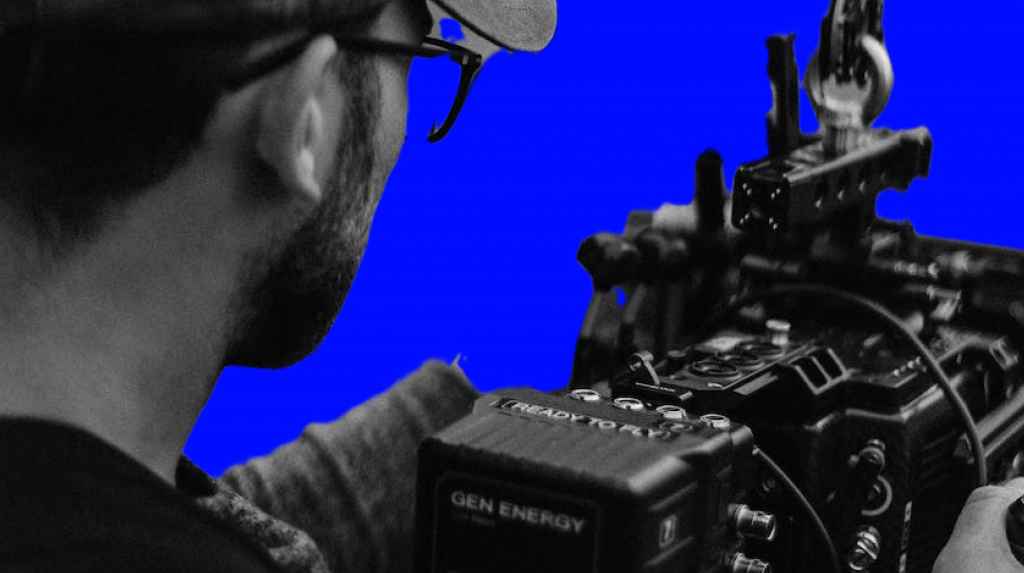
Adopters
Adopters are eager to try new technology and generate Music according to demand. They test out its ability to vary genres, tempo and duration of the derivative Music; they try to mix the immiscible.
- Their income doesn’t rely on Music. Unlike contributing artists, 33% of Adopters have never been paid for their Music. Only 24% are full-time composers. 43% have been paid for composing Music, but not enough to make a living.
- They are driven mostly by curiosity. 66% of them decided to try to generate Music in order to check the quality of derivative Music, and 40% were intrigued by the ability of AI to react to various requests. 36% of them decided to test AI-generated Music’s genre diversity. 34% were driven by pure curiosity with no specific intention.
- They have stronger concerns about AI music. Insufficient quality is the primary concern for 41% of adopters of AI-Generated Music. 40% of them are concerned that human artists’ ownership rights are not being protected enough. 33% are worried about insufficient remuneration for artists’ creativity and data, and 23% have doubts about AI’s competition with human artists. 25% of adopters have no concerns toward AI Music at all.
- This curiosity is purposeful. 48% of adopters are relatively sure they would like to monetize their Music by contributing to AI. However, 30% have never heard about this possibility. 14% of adopters disagree with the very concept of contributing to AI, and 3% believe it poses difficulties from a technical perspective.
- Adopters are largely dissatisfied with the quality of AI music. Only 17% believe it is unequivocally good, 40% think that it suits only its purposes, and 43% say that it is not good enough at all.
“The vast majority of shows, podcasts, and streams require an accompaniment of legal Music, so the field of royalty-free AI-generated Music will grow in line with the robust pace of the Creator Economy itself. Inevitable monetization will set high standards for AI music. With this in-depth study of creators and artists, we are creating a clear path and vision for its future development, which has to predominantly lie not in tech, but in emotions,” said Paul Zgordan, Co-CEO of Mubert.
About Mubert
Mubert, a pioneer in the AI-enabled music space, creates high-quality royalty-free Music on demand. The Company enables creators to accompany their content with an appropriate and royalty-free soundtrack. Mubert allows agencies, bloggers, streamers, and companies to generate unique music tracks in 150+ genres based on a text query, and the tracks can last several hours. In 2023, Mubert’s users generated 100 million AI tracks and streams.
Mubert’s core AI technology is also available via API with its own paying customers. The Company’s works meet all legal and royalty requirements, owing to its established relationships with music creators. These musicians contribute to derivative content and top up its AI’s input and receive funds for their contributions.
For more information visit https://mubert.com.
Artists CreatorEconomy Creators InsightsAI Music Company
Mubert is a platform powered by music producers that helps creators and brands generate unlimited royalty-free music with the help of AI. Our mission is to empower and protect the creators. Our purpose is to democratize the Creator Economy.
Generate Track API for Developers
